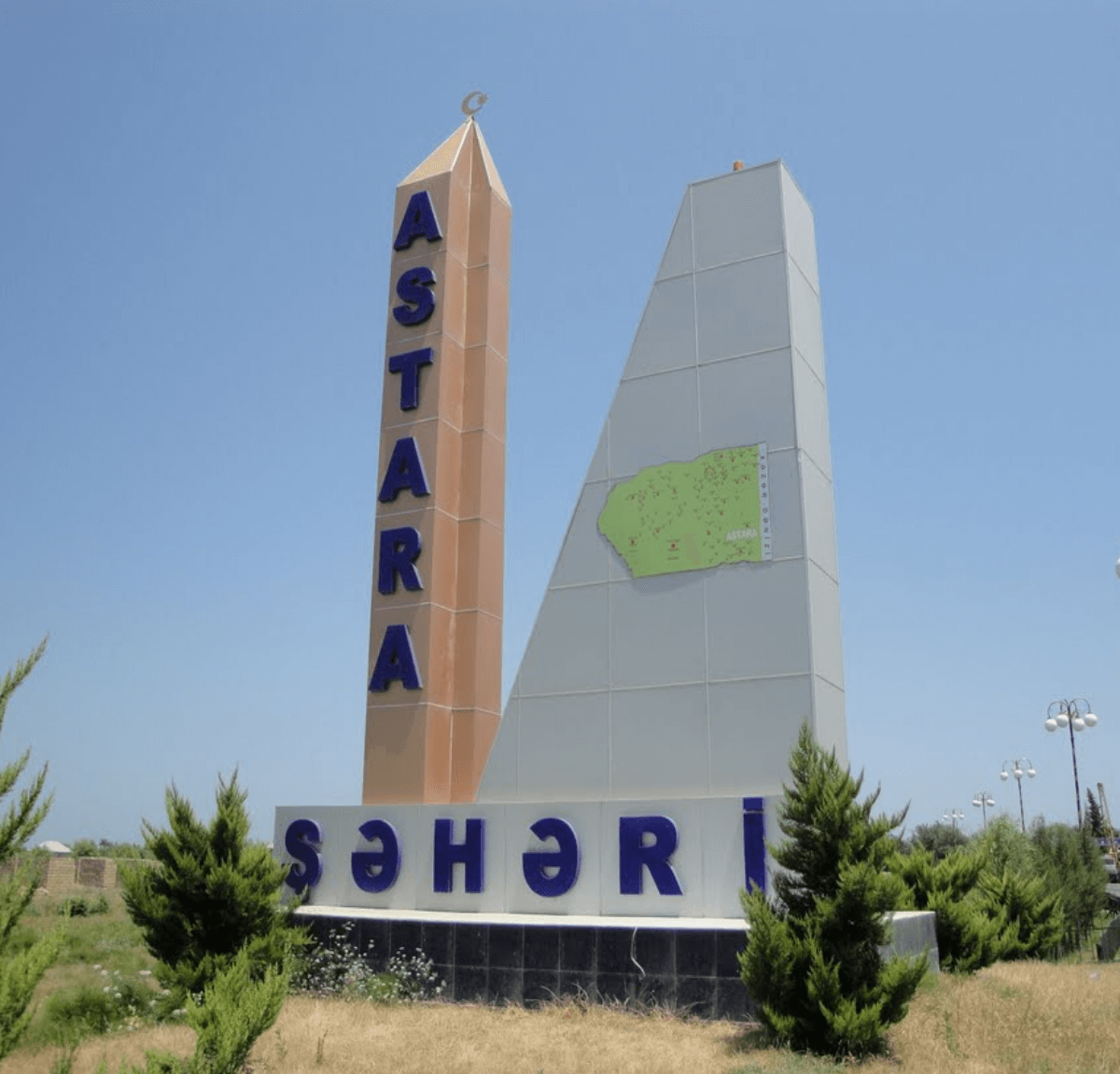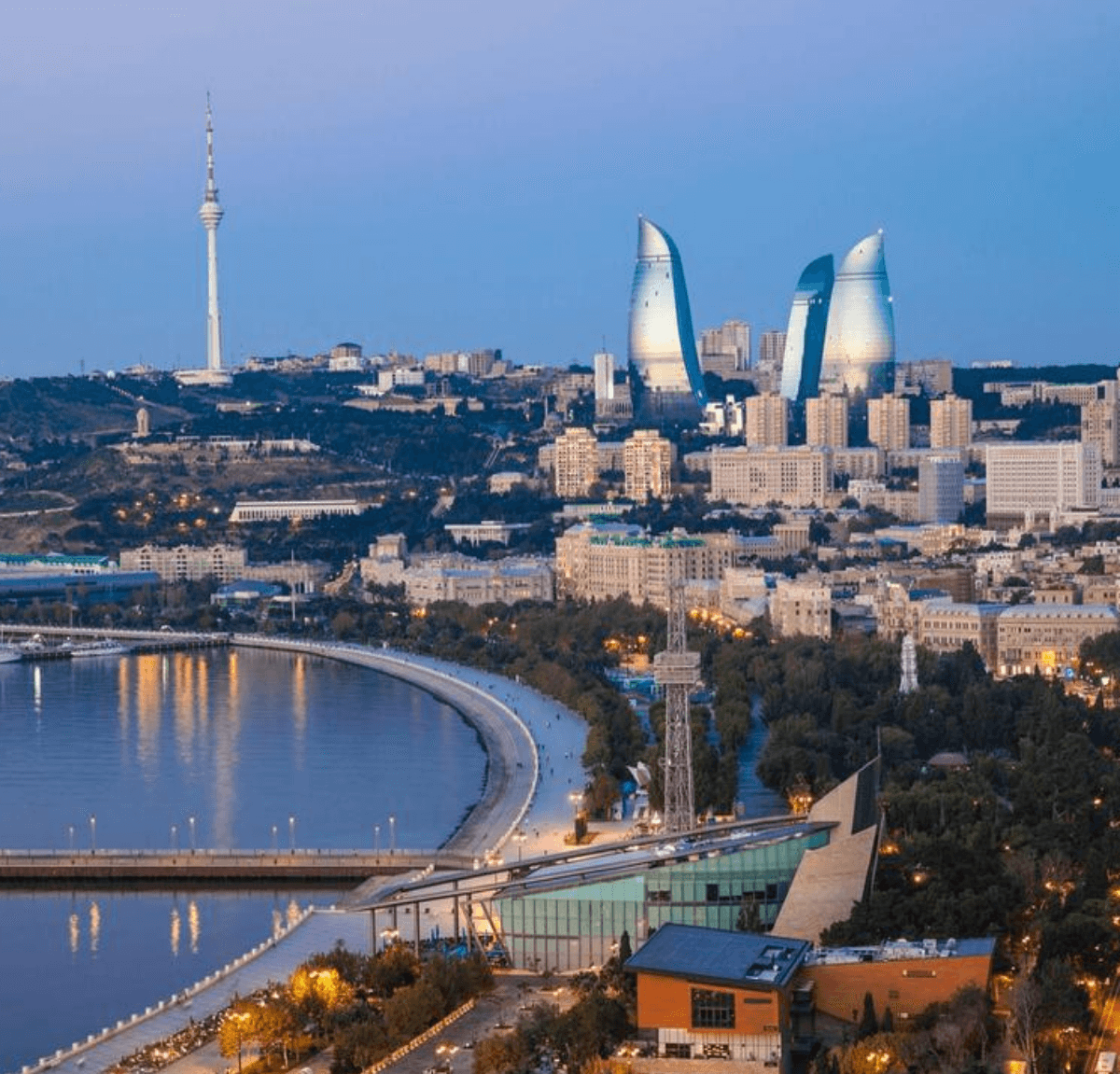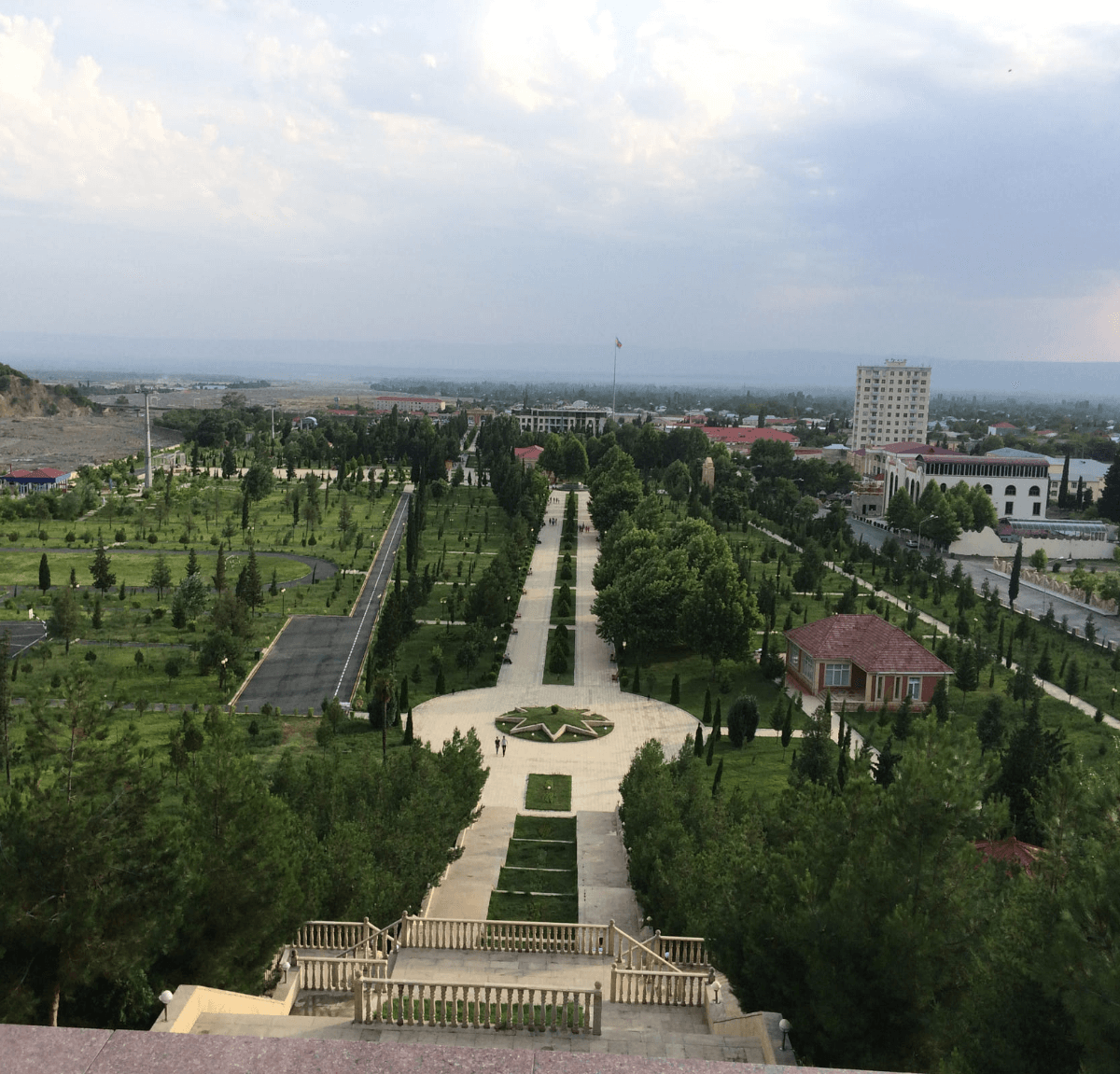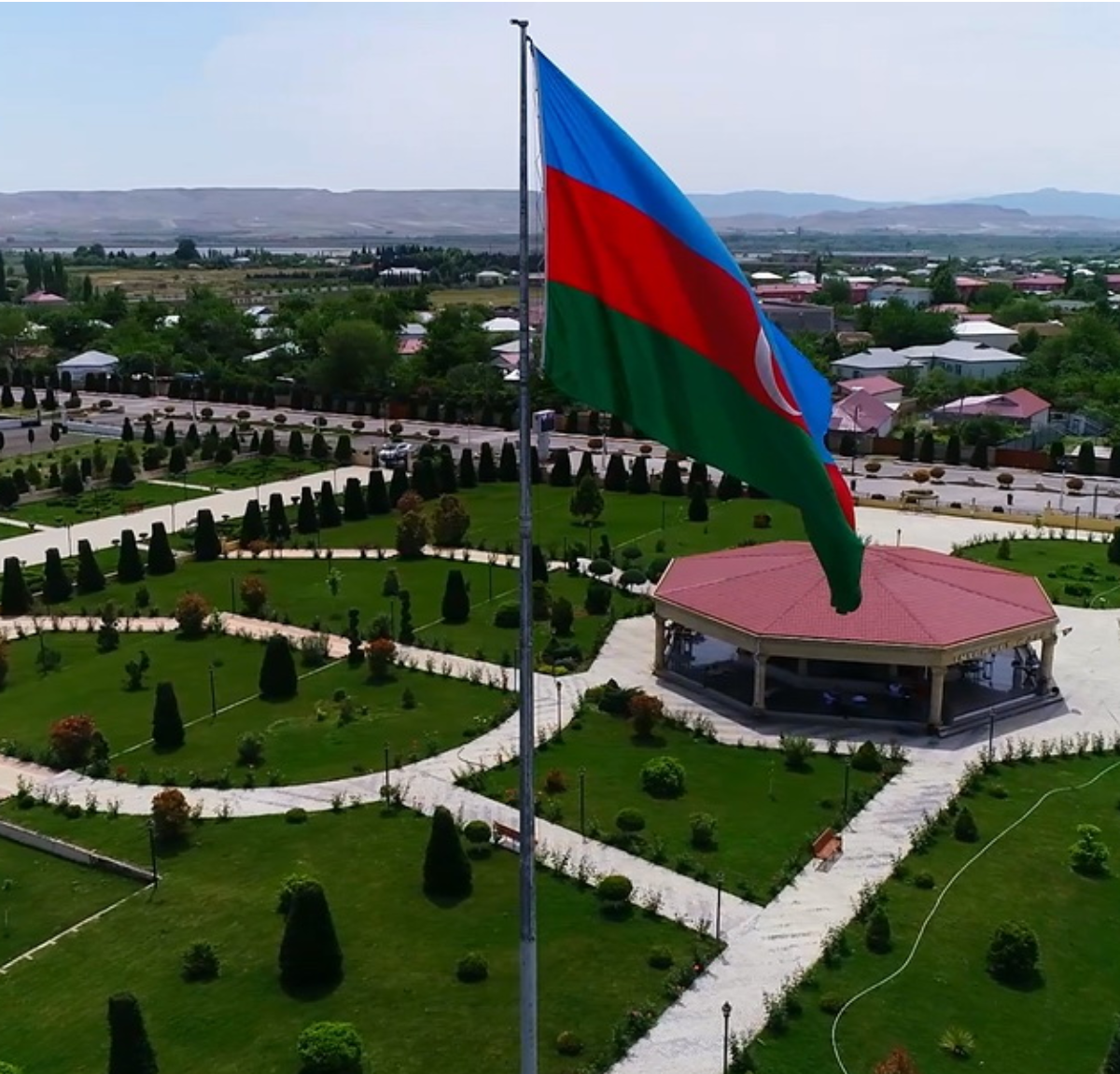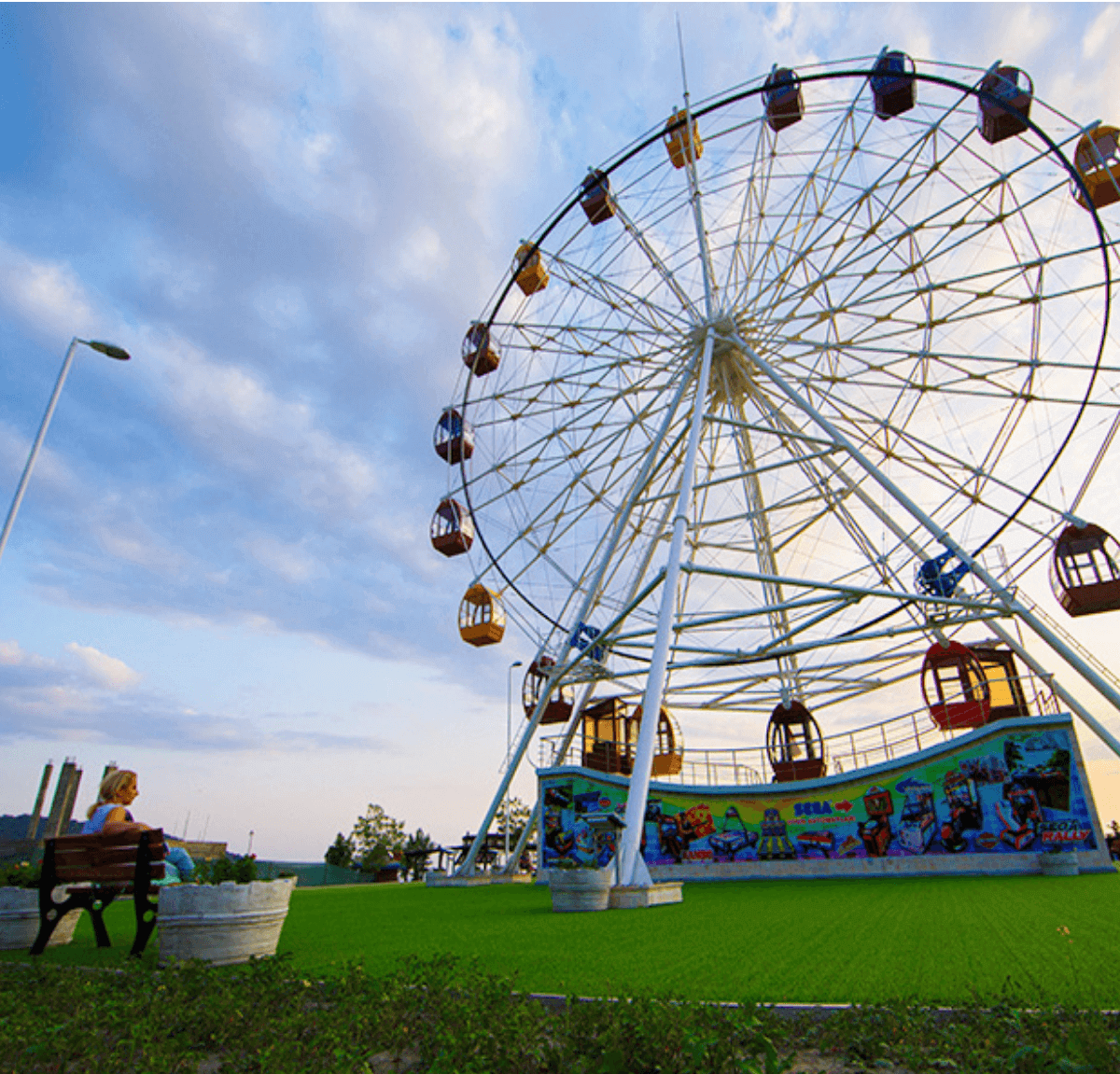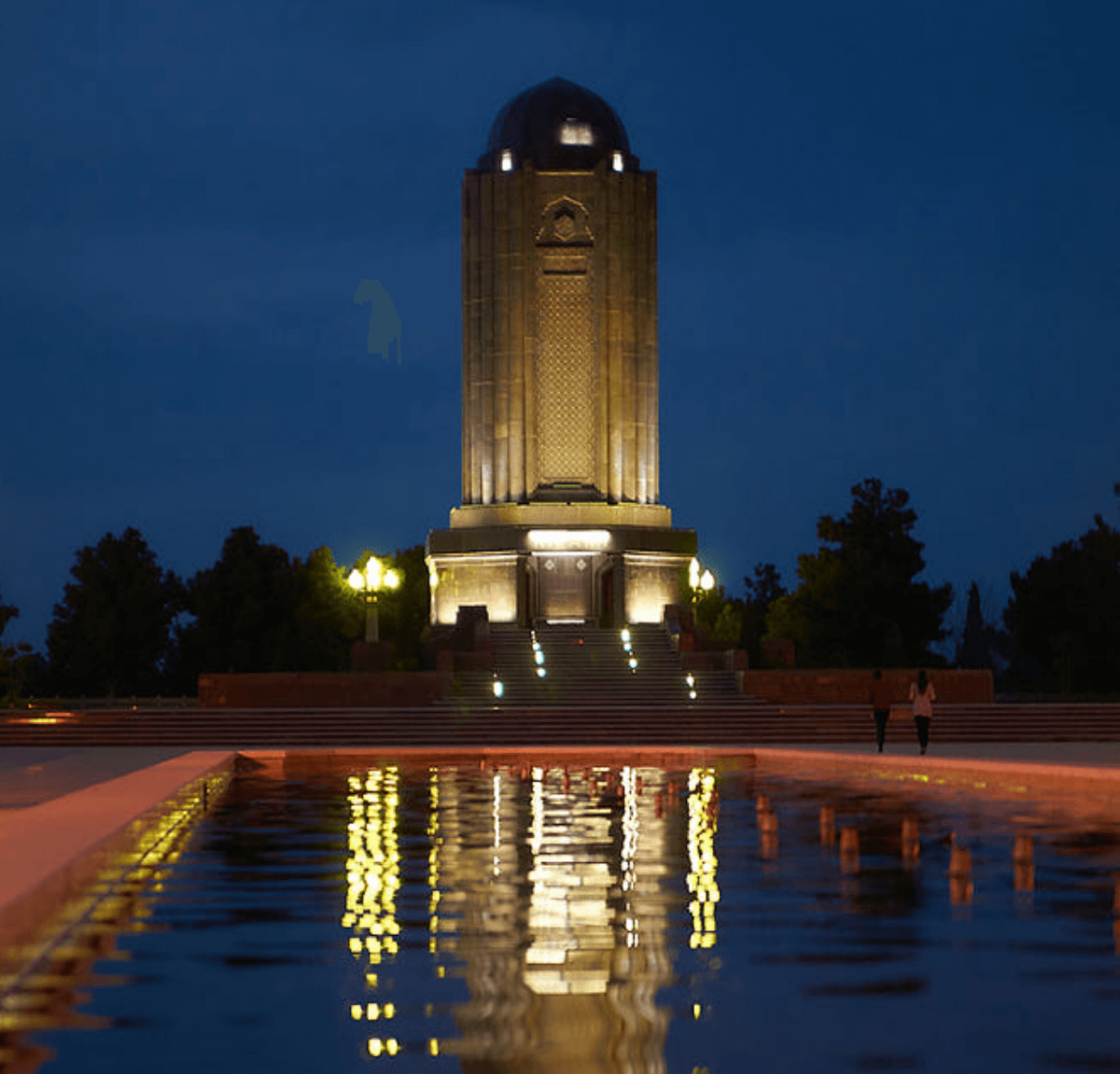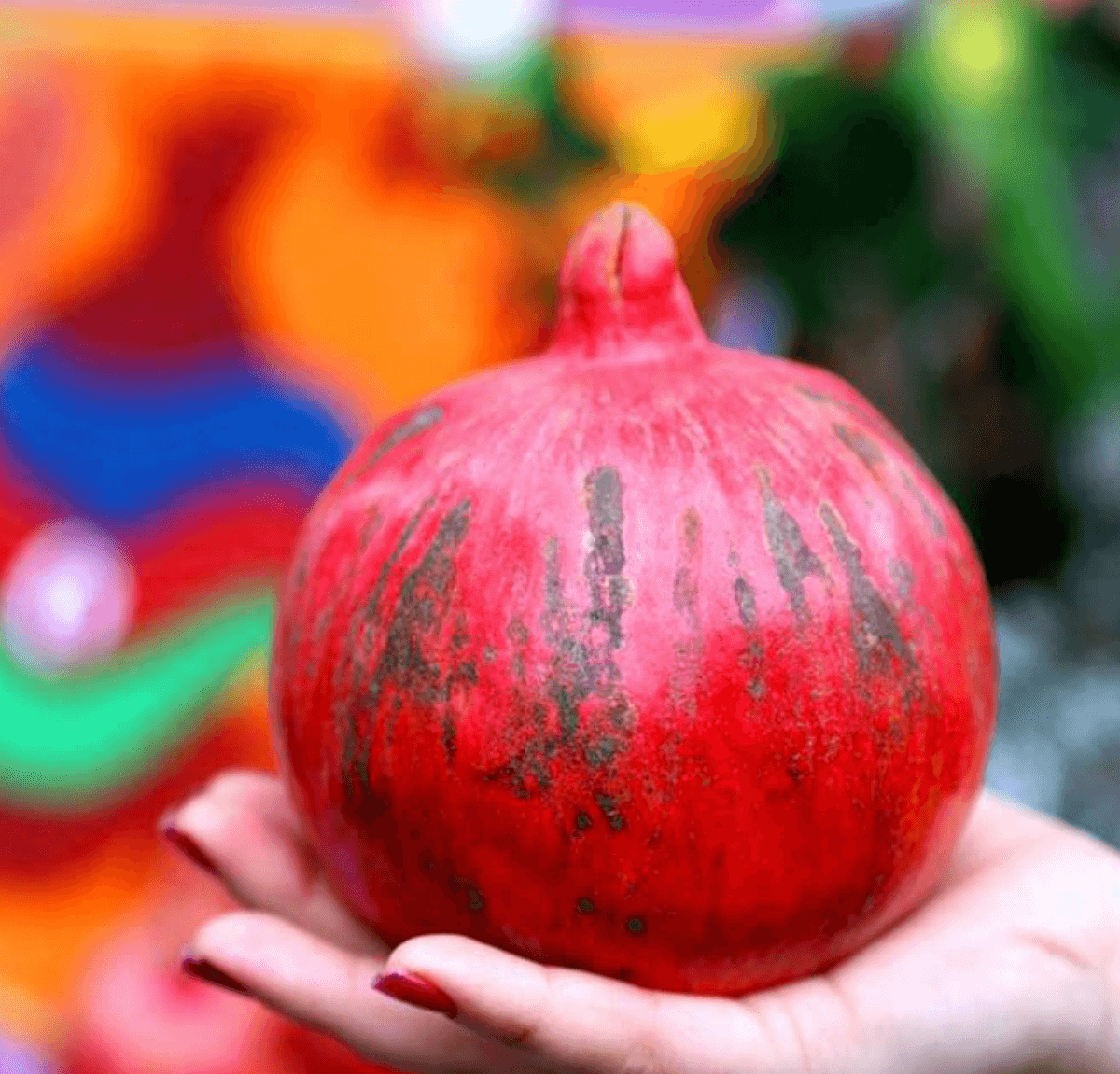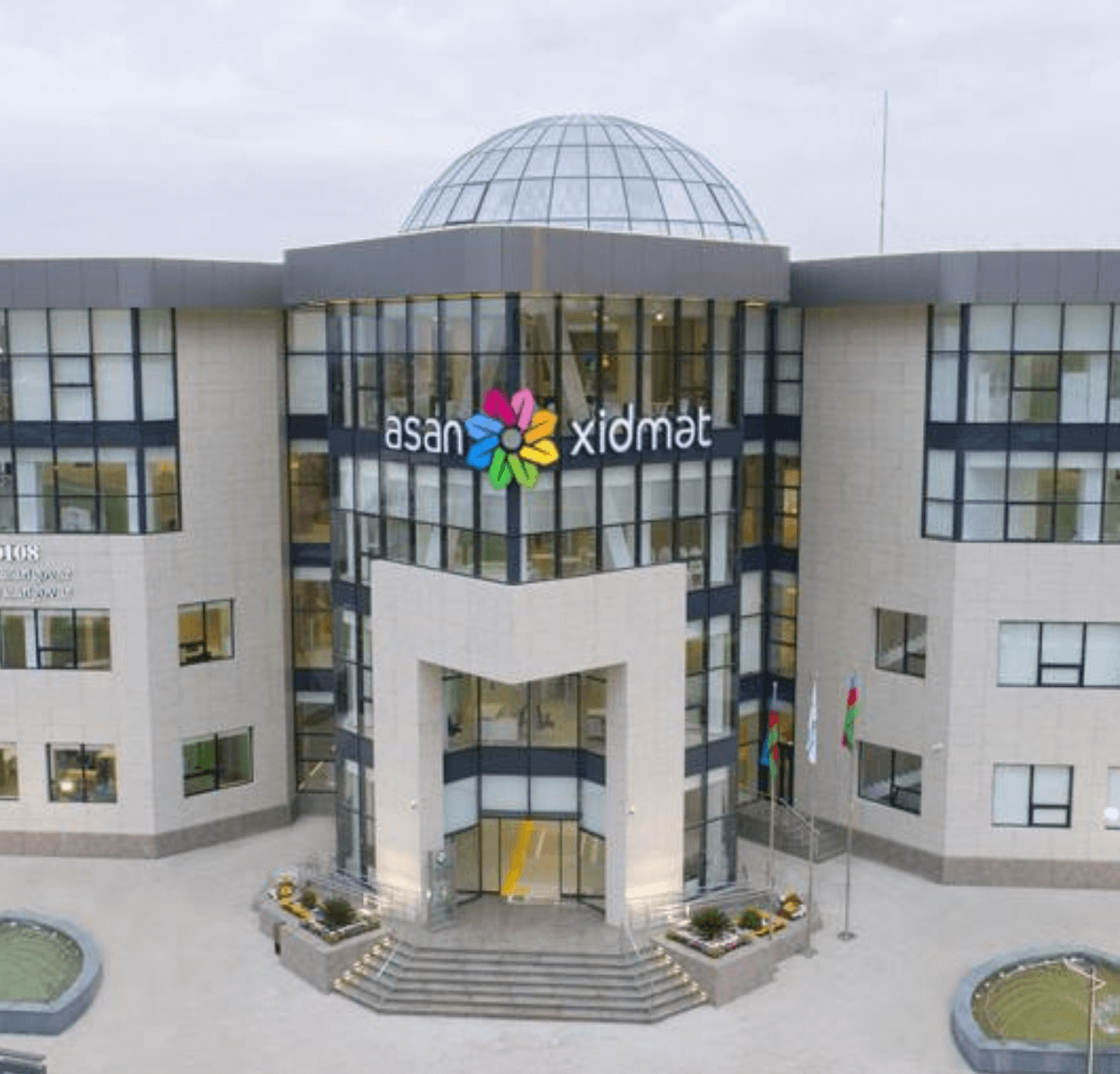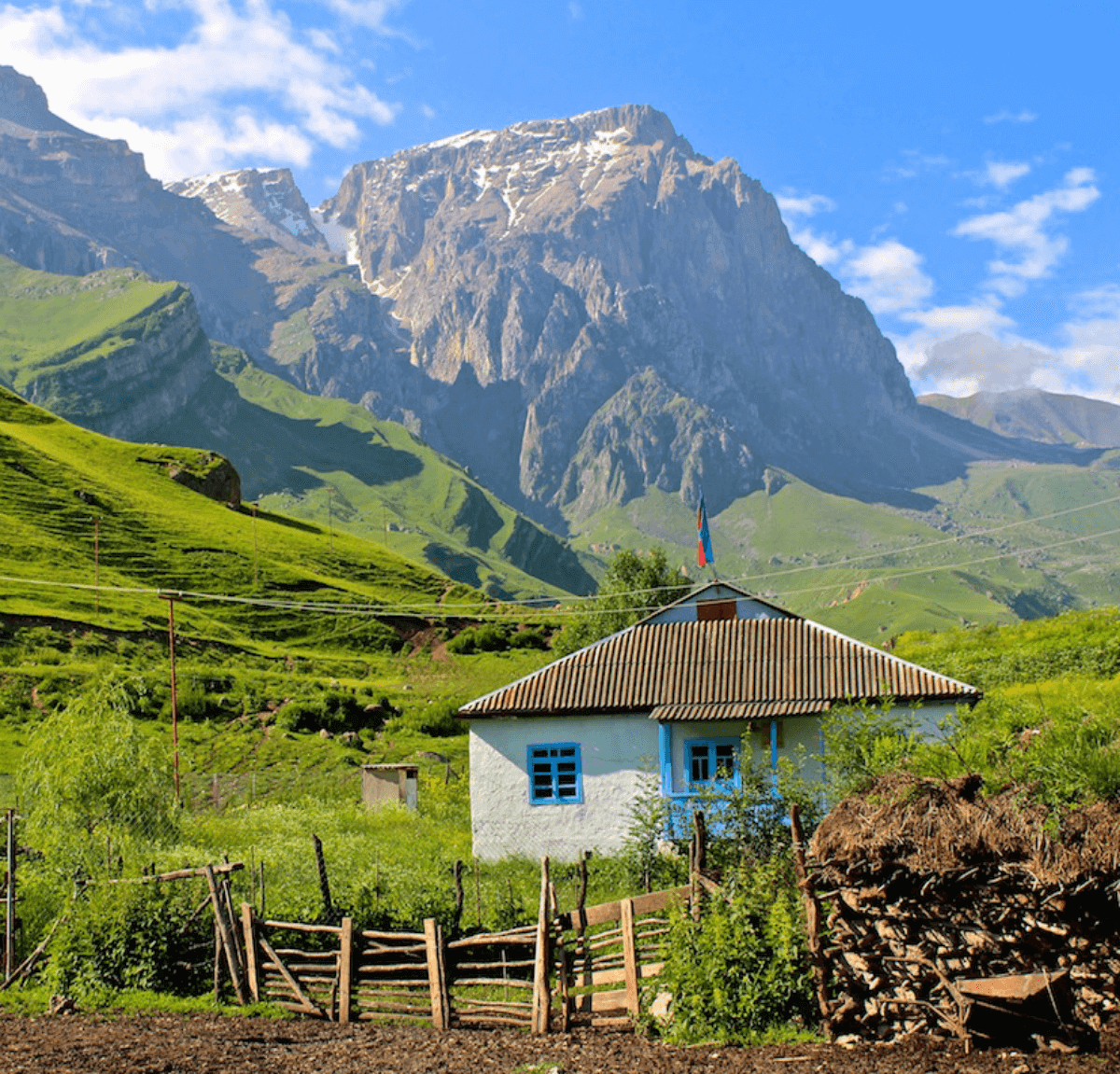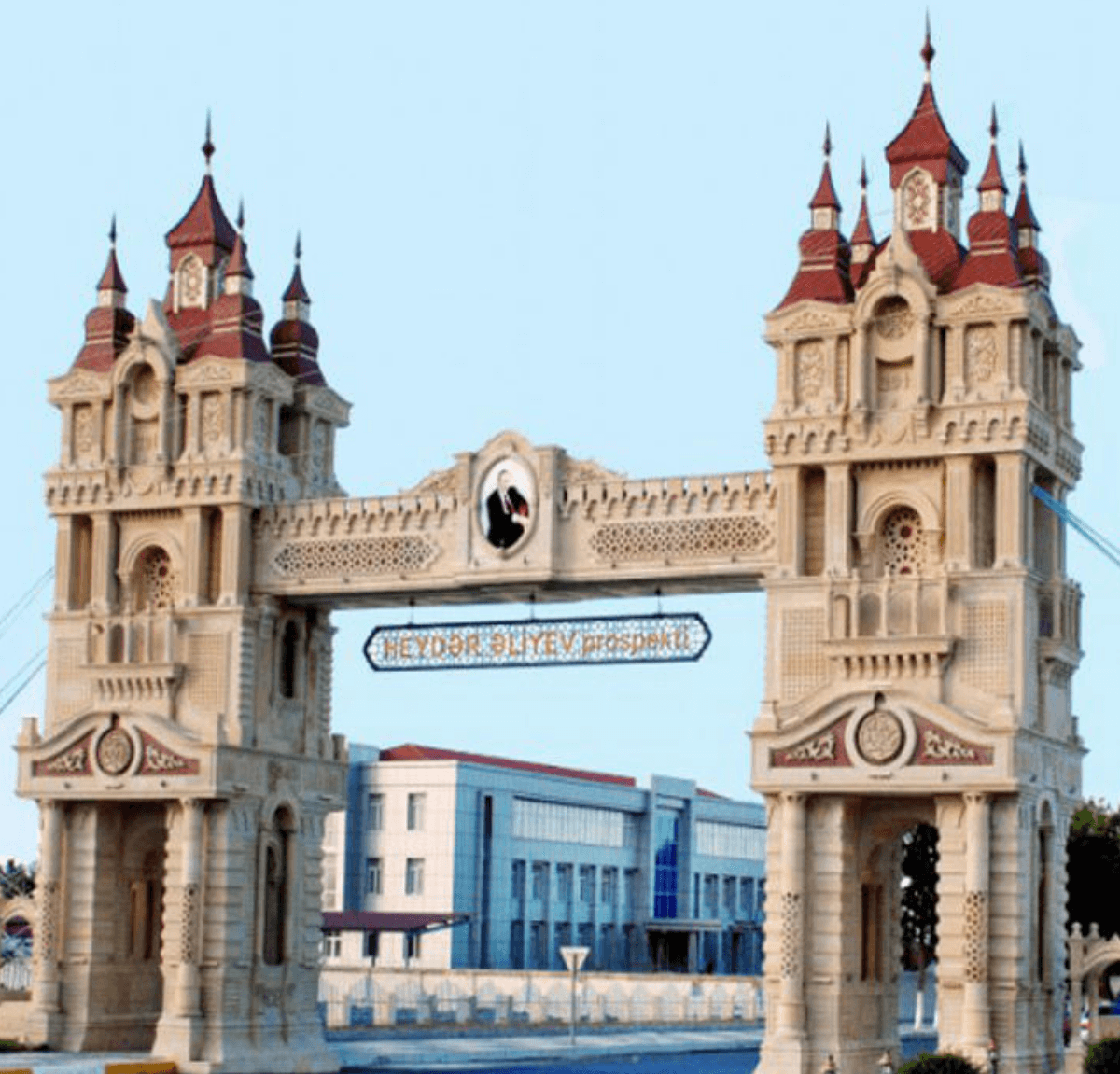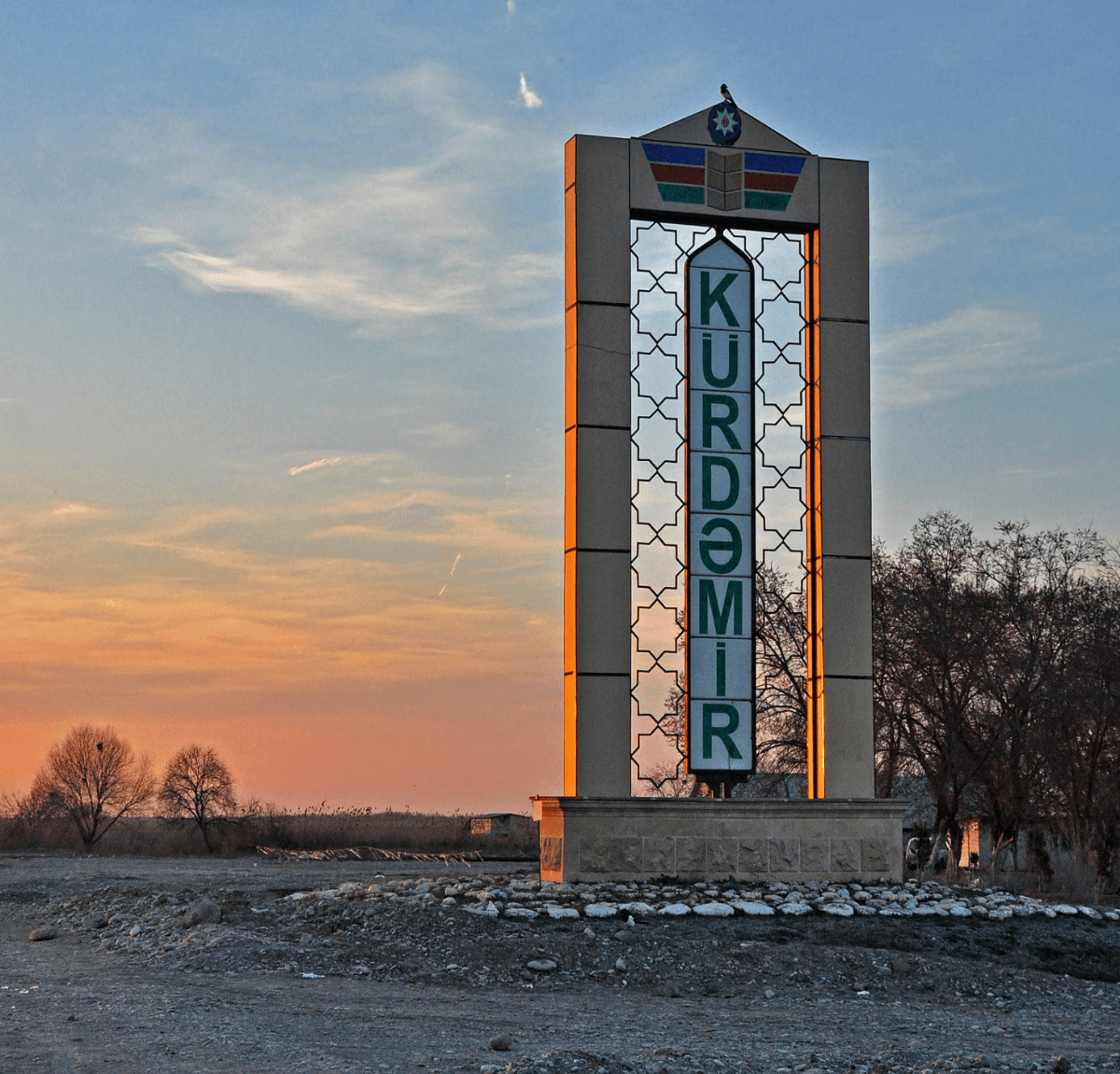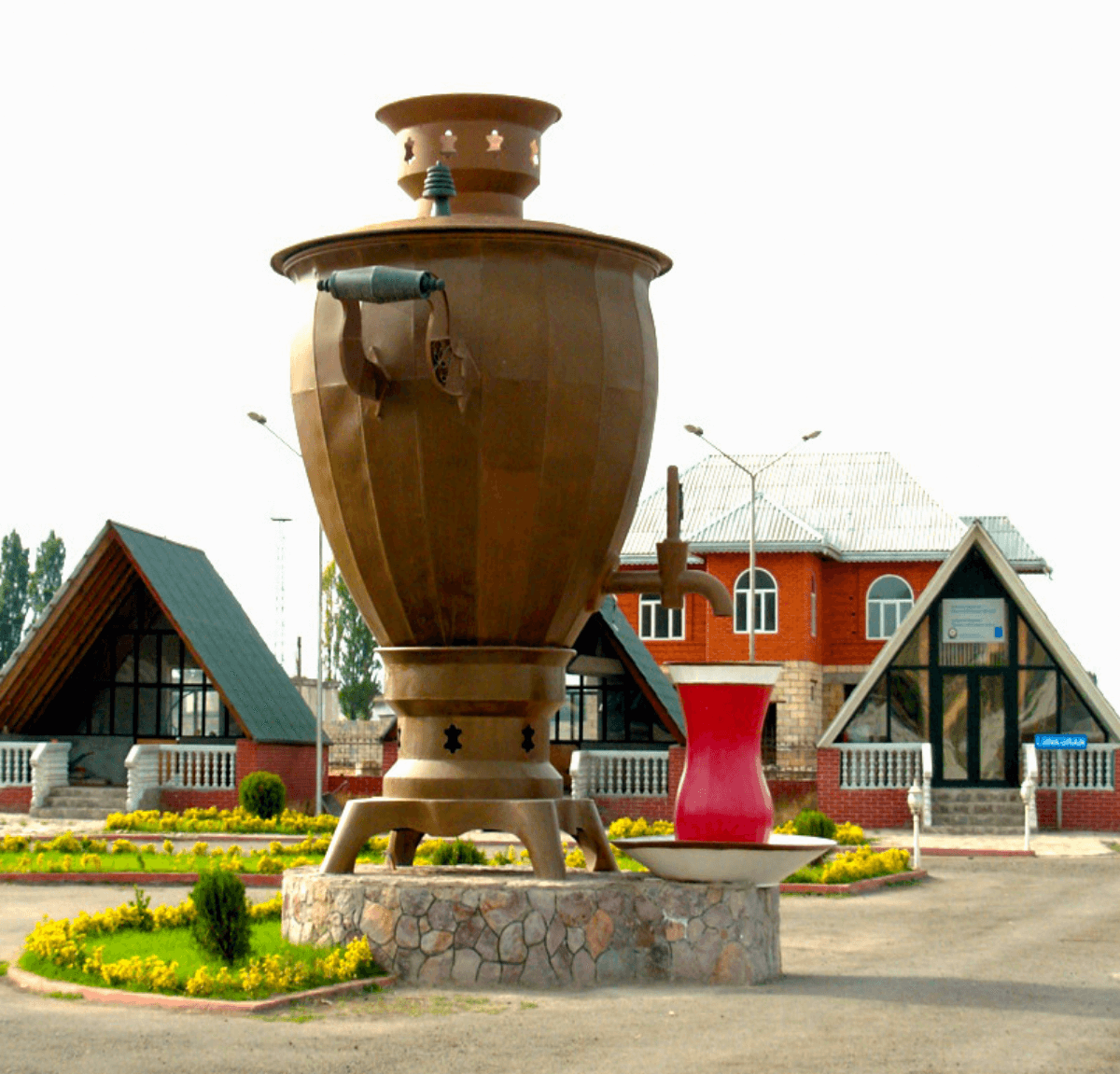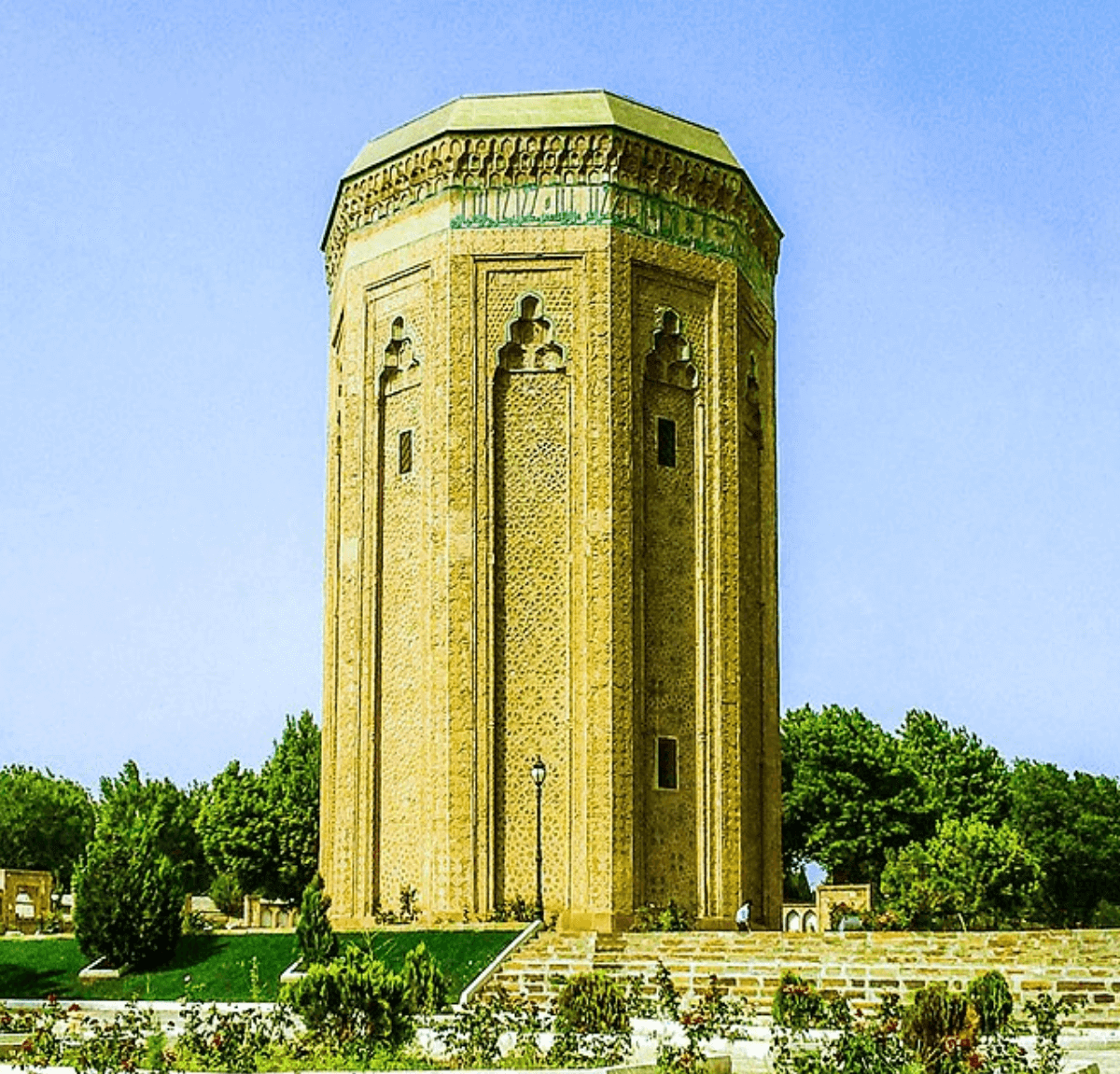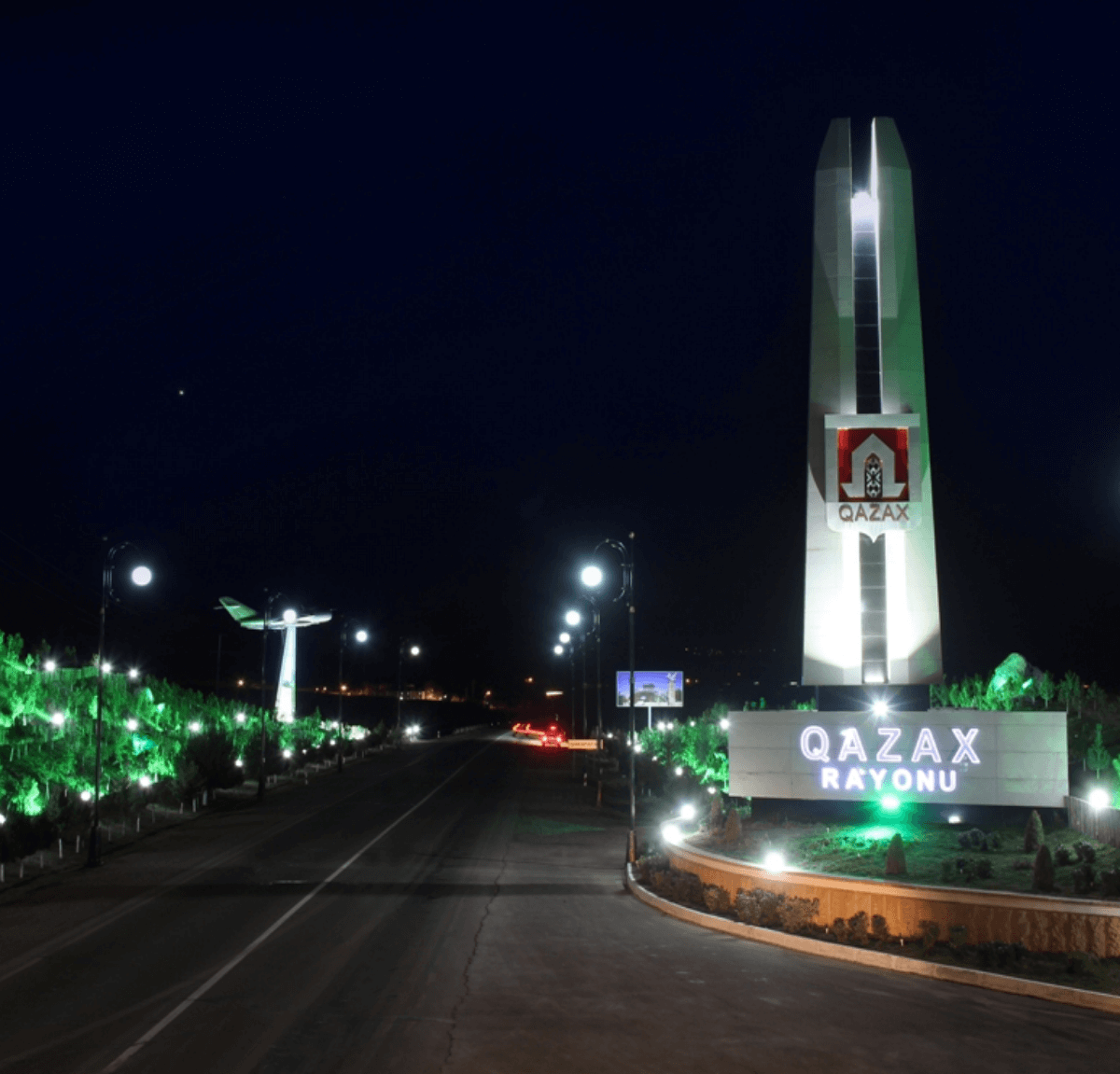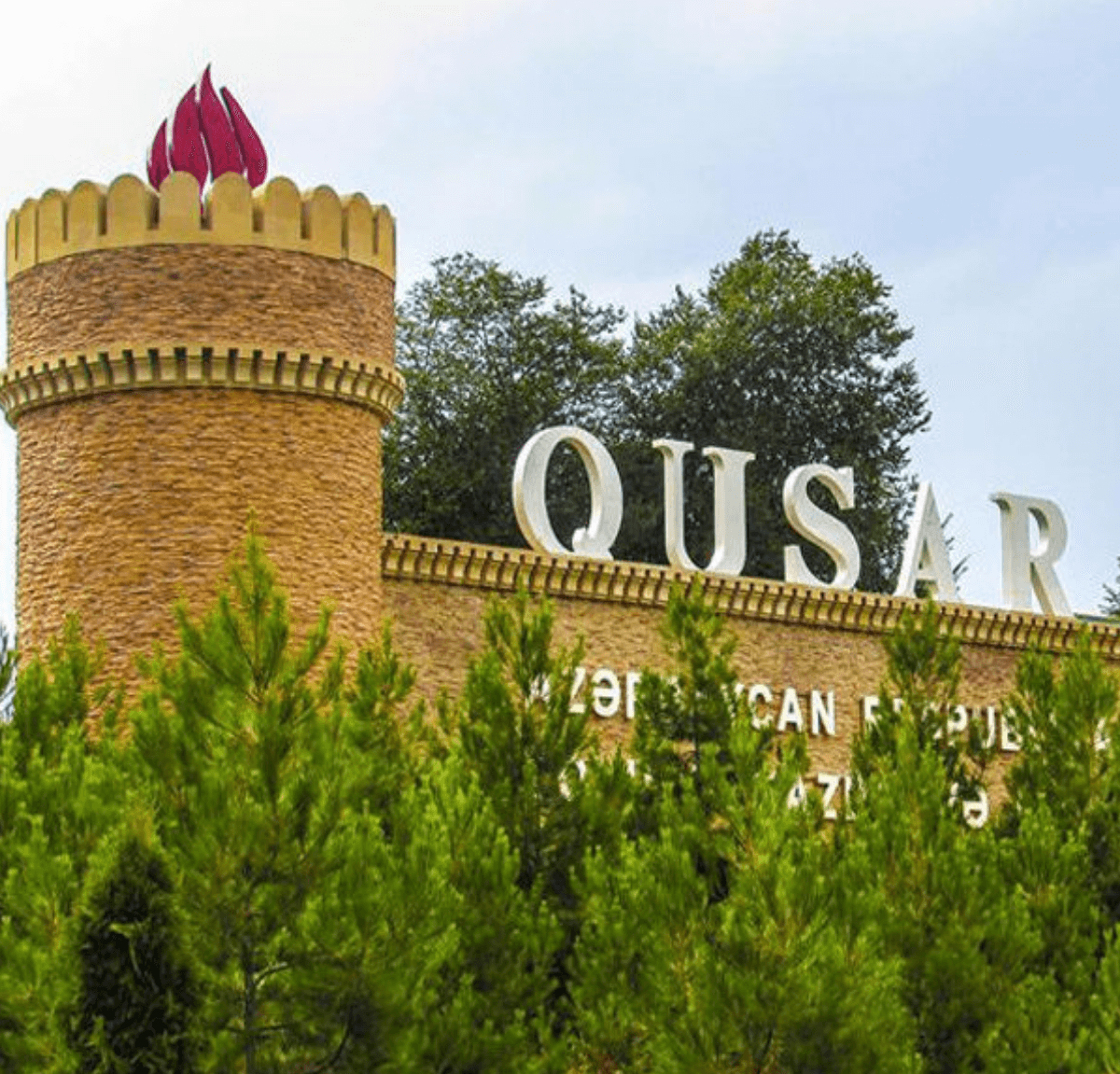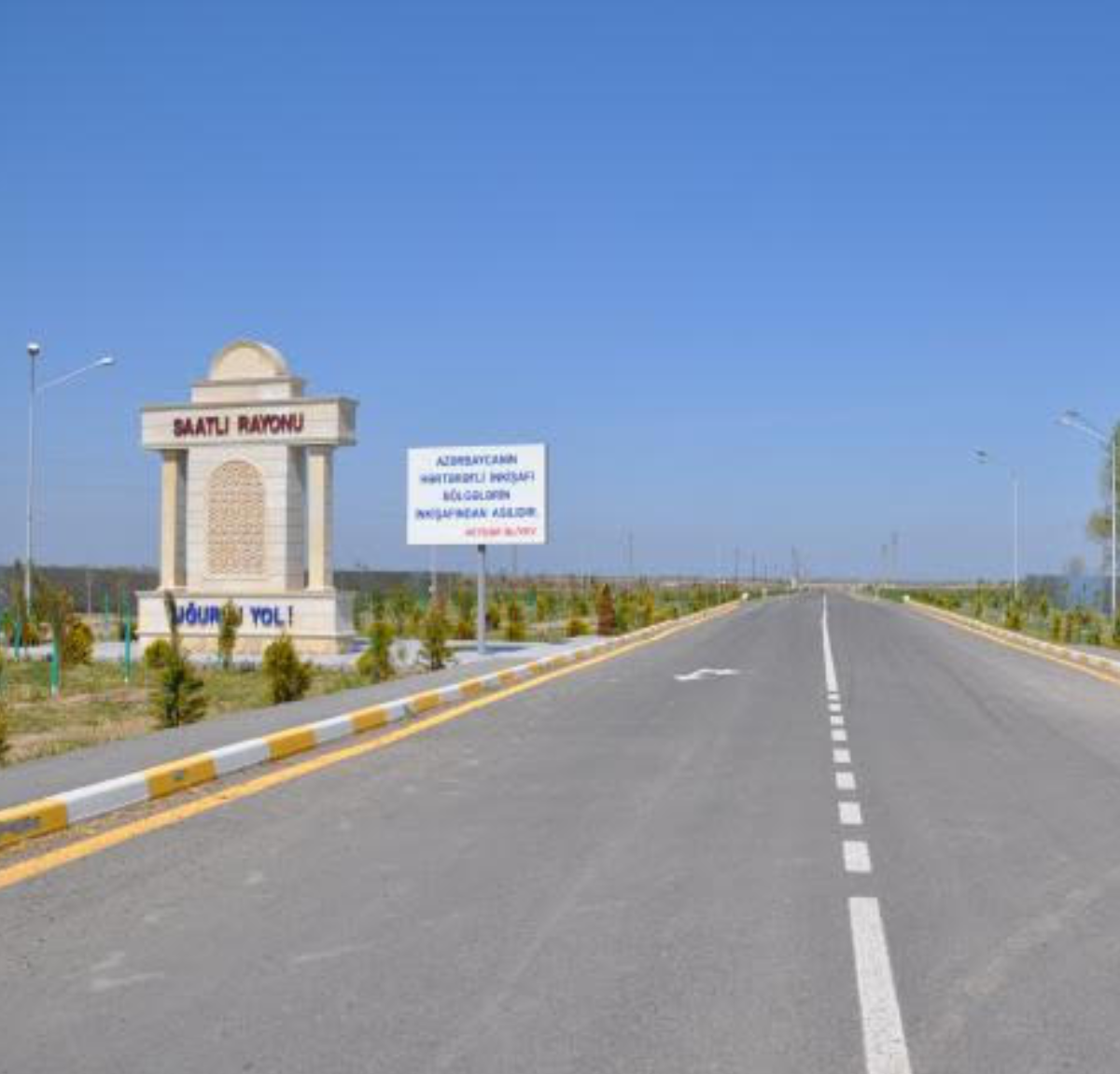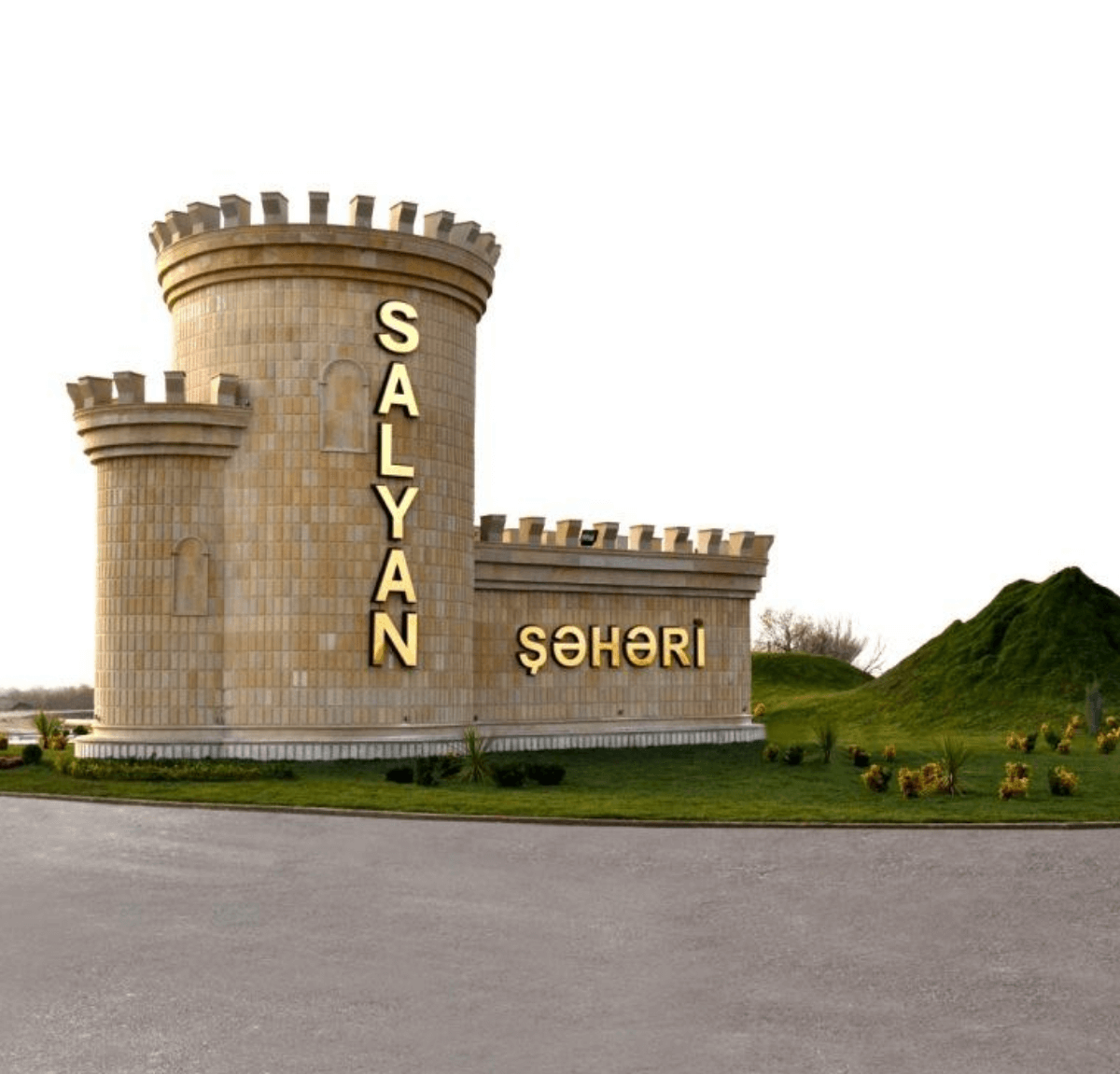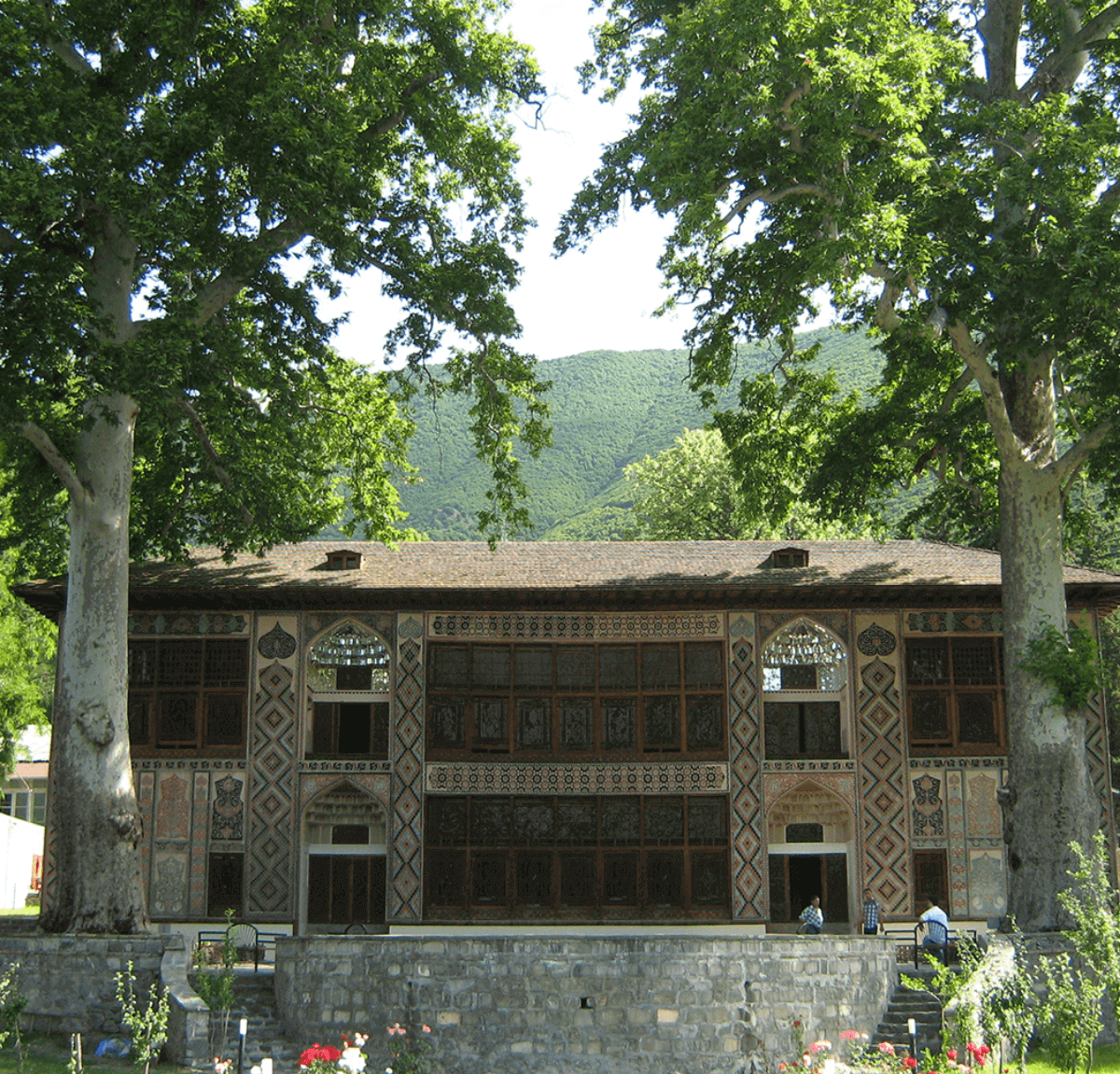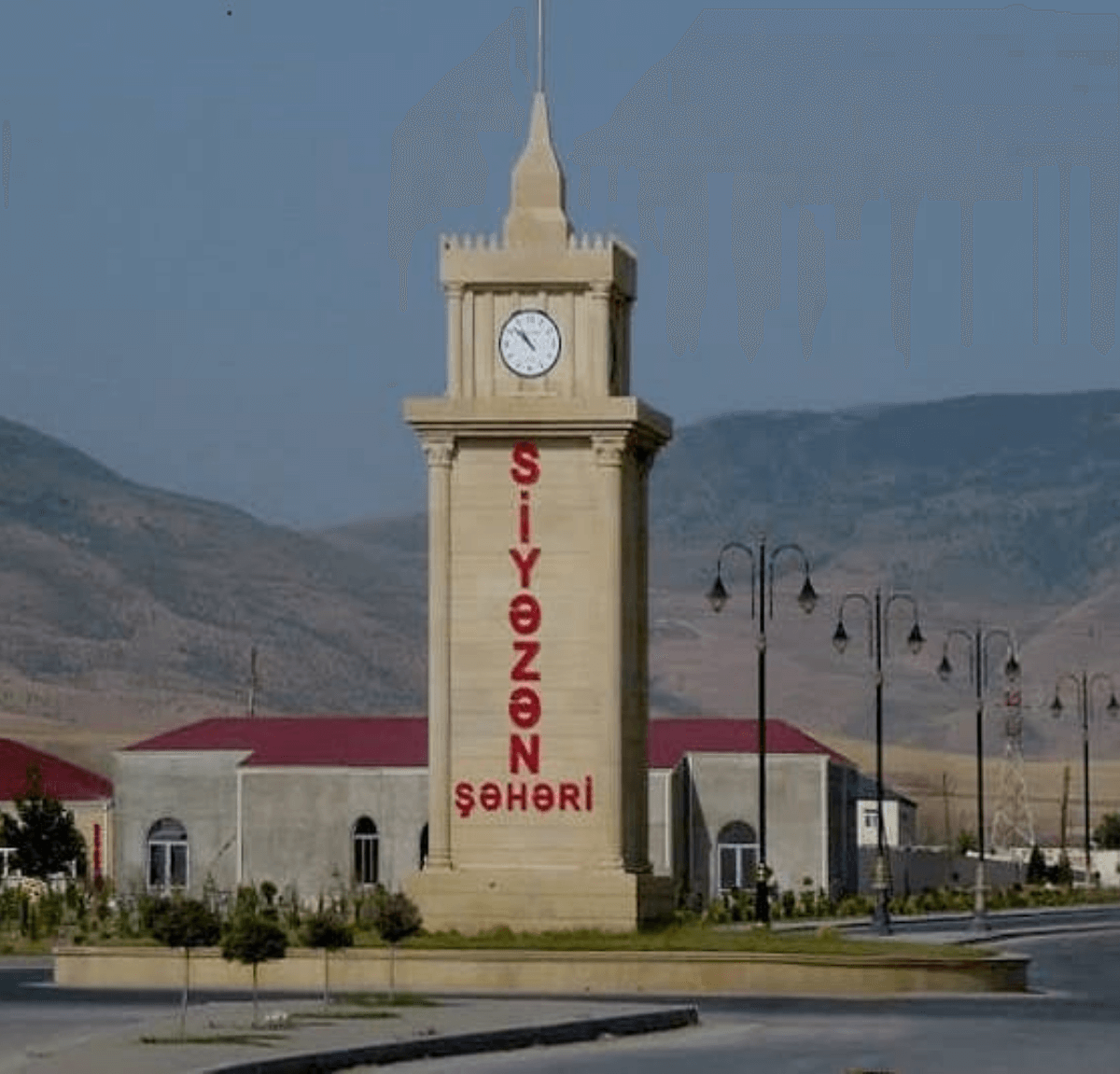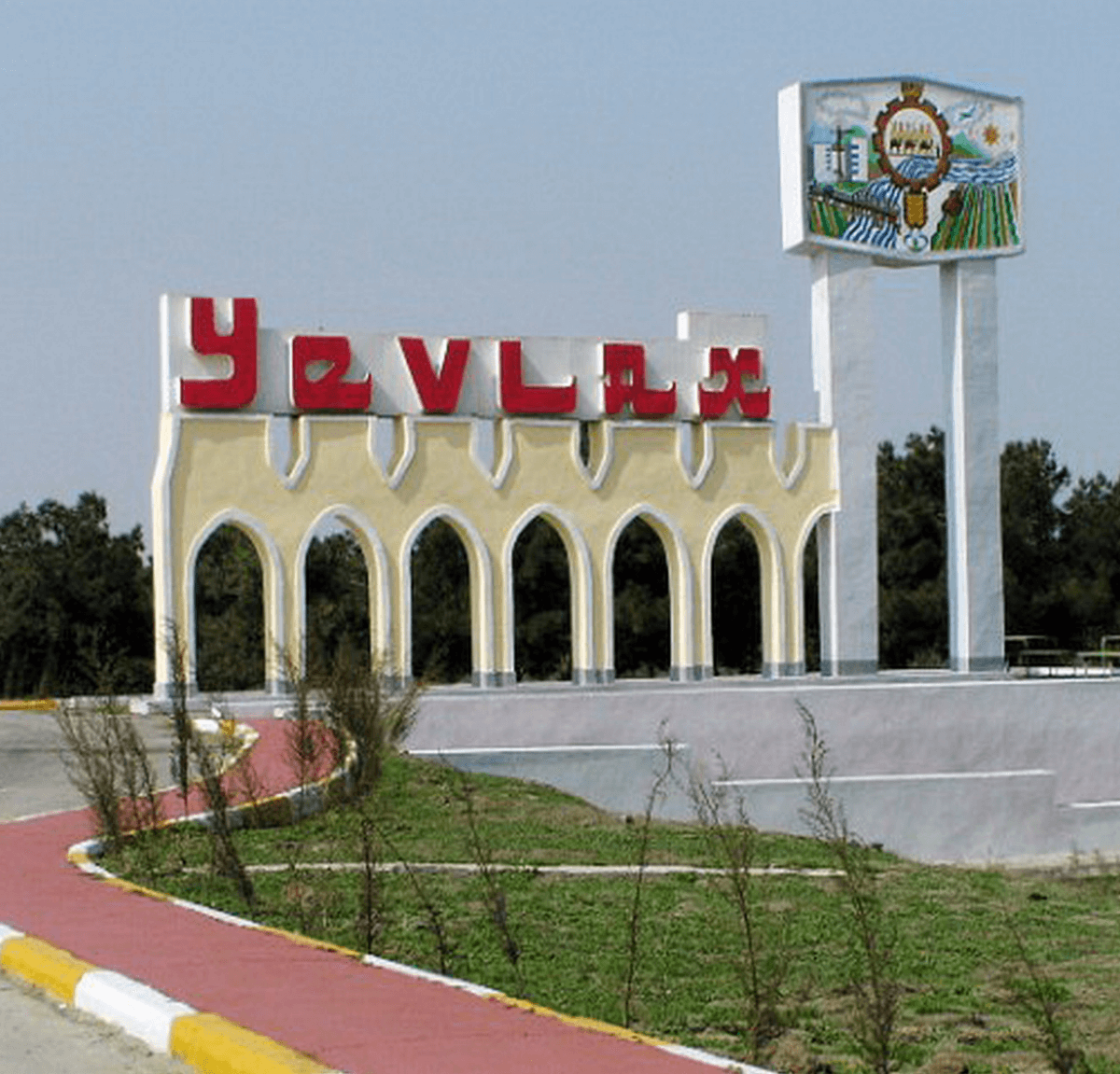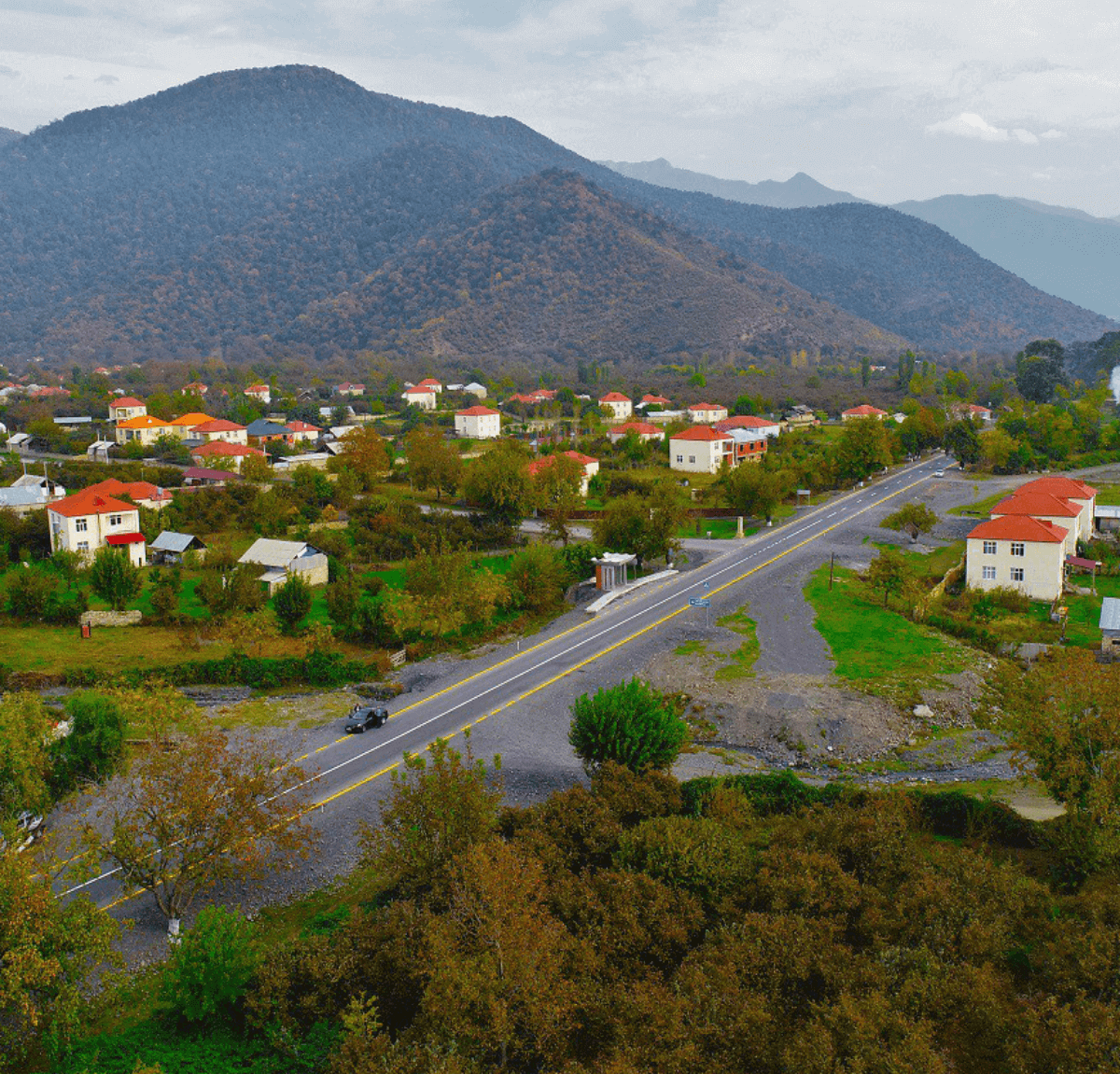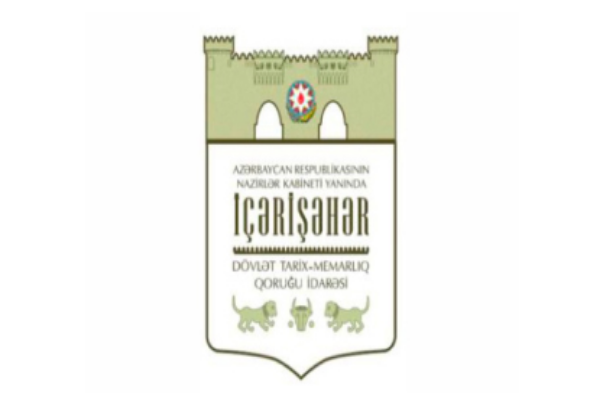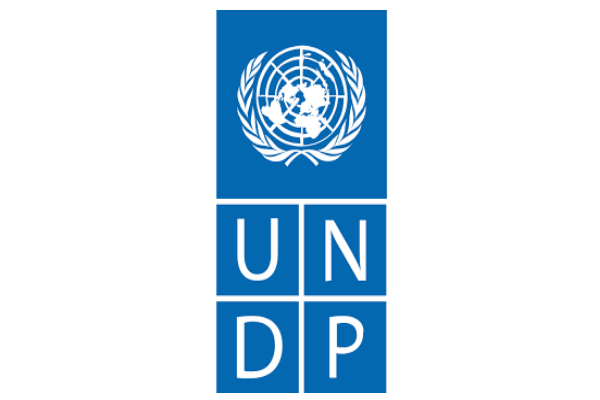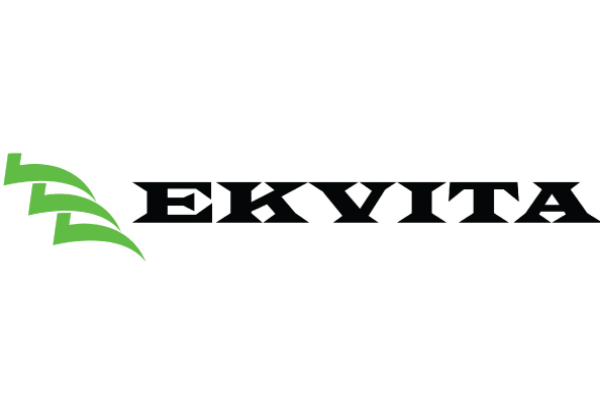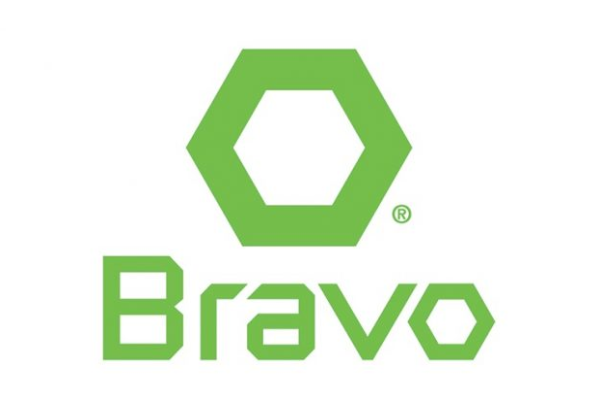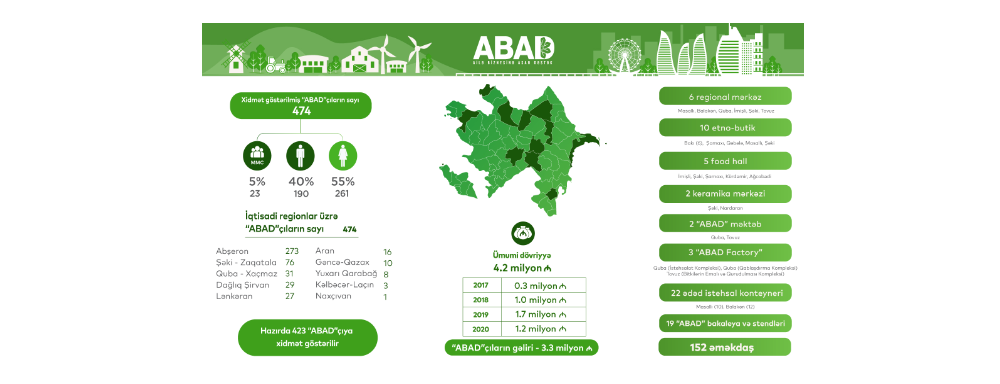
ABAD public legal
entity continued its activities in 2020. The special quarantine regime in our
country declared due to the COVID-19 pandemic lasted for 9 months in 2020.
Despite the lack of reception of citizens because of the situation, the number
of ABAD members increased by 48 families during the year, reaching 469 in
total.
There has even been an
increase in the scale of sales generated by ABAD centres this year. Thus, 14
new ABAD stands launched in "Bravo 28 Mall", "Bravo Deniz
Mall", "Bravo Chocolate Tower", "Grandmart Altes
Plaza", "Grandmart Aff Mall", "Grandmart AFF
Business", "Grandmart Odlar Yurdu" , “Bolmart Teze Bazar”,
“Bolmart 9 micro-district” and the number totalled at 19.
There has also been a
change in the number of regional centres. With the opening of the ABAD Tovuz
regional centre, the number of ABAD regional centres operating in the country
has reached 6.
Another ABAD Factory
Production Complex was opened in 2020. The second-largest Tovuz ABAD Factory is
focused on Plant Processing and Drying.
The number of ABAD
schools has also increased. The second ABAD School was opened at the Tovuz ASAN
Hayat complex.
One of the most
gratifying aspects is that the assortment of products in the field of food
production has multiplied. 3 types of natural oils (hazelnuts, walnuts,
sesame), 7 types of spices, 5 types of stuffed leaves, various pastries,
prunes, coconut flour and sweets: Chack-Chack and Sheki halva are included in
the list of "ABAD" food products.
During the year, a
Tripartite Letter of Intent signed among ABAD public legal entity, the
International Bank of Azerbaijan and the Agrarian Credit and Development Agency
(AKIA). The protocol envisages cooperation to support the development of
entrepreneurship. In this context, tripartite assistance will be provided to
businesses to implement self-investment projects.
ABAD also contributed
to the creation of a favourable and healthy business environment for food
businesses in the country by different projects such as “Establishment of new
abattoirs in the liberated areas” and “Supporting a healthy concept for the
fast-food industry of the country”. The purpose of the projects is to ensure
the construction of various establishments engaged in food production in line
with technical normative legal acts and international standards.




